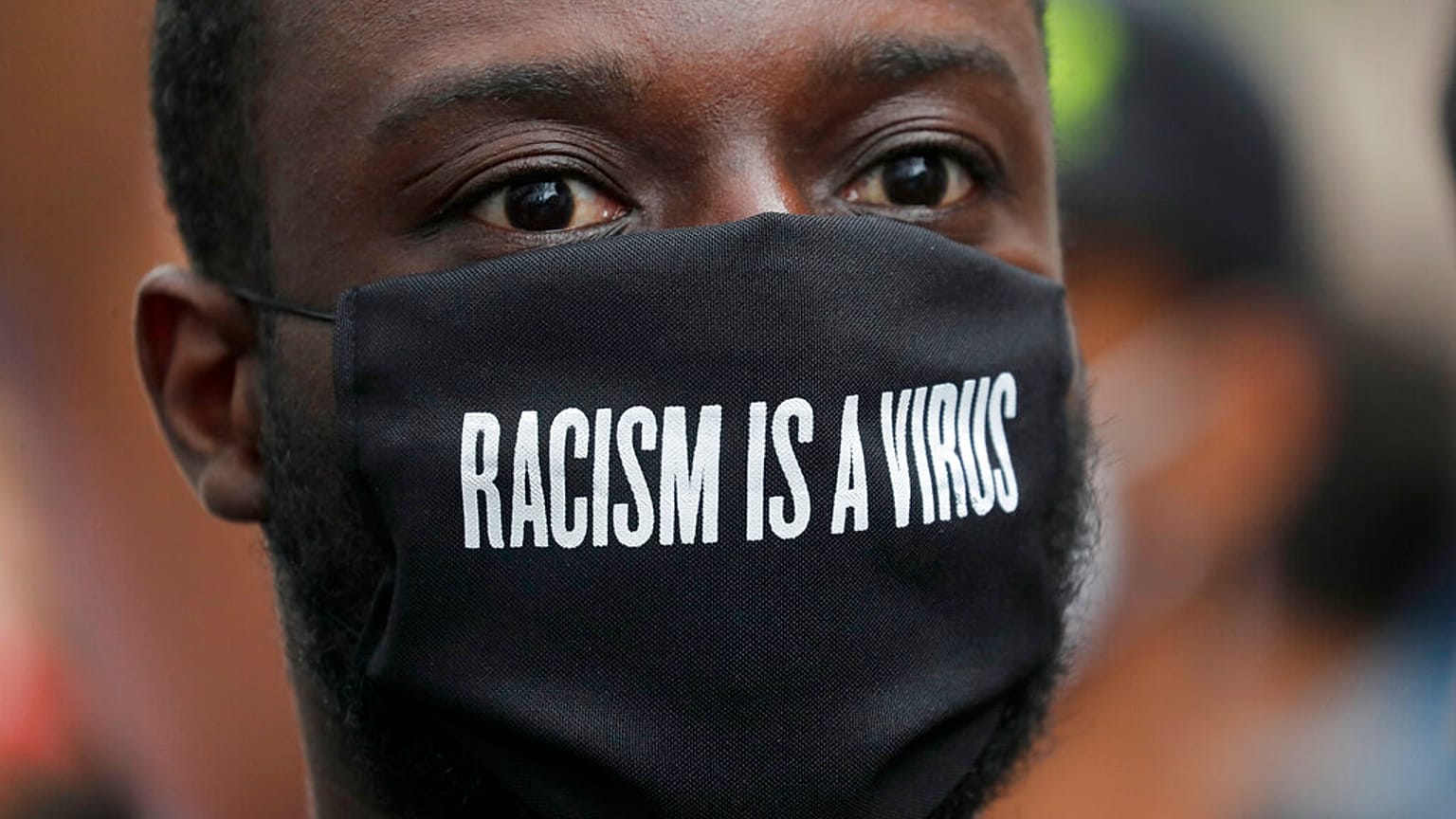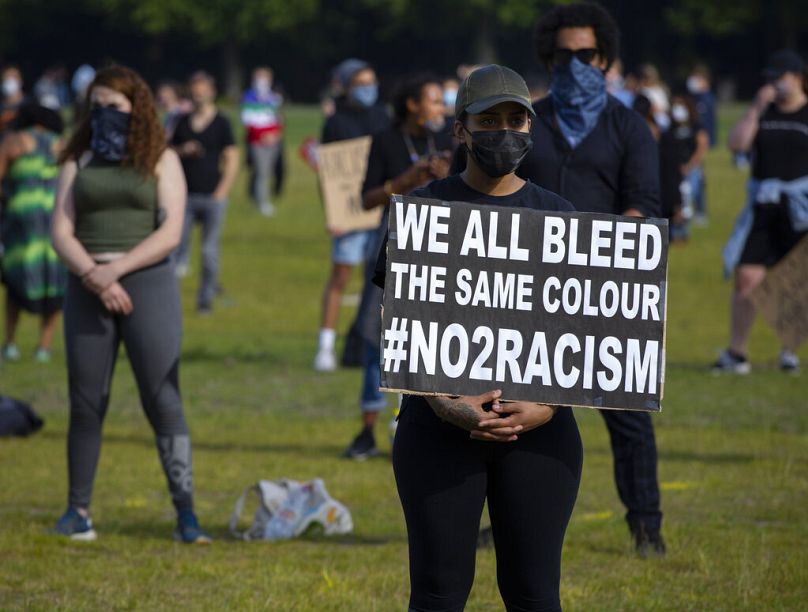From schools to the job market, housing and health, black people face "pervasive and relentless" discrimination, an EU report has revealed.
A new report has highlighted "shameful" levels of racism in Europe, comparing countries across the region.
 ADVERTISEMENT
ADVERTISEMENT
 ADVERTISEMENT
ADVERTISEMENT
The European Union Agency for Fundamental Rights (FRA) found people of African descent routinely face racial discrimination, harassment and violence in all aspects of their lives wherever they live.
"Imagine you apply for jobs but never hear back. Imagine you search for a home for your family but are never successful. Imagine you experience harassment or violence that leaves you deeply traumatised," wrote FRA director Michael O’Flaherty in the report.
"This is the reality for many people in the EU today, just because of the colour of their skin."
The FRA found that almost half of black people in the EU experienced discrimination - a rise since the last report in 2018. However, it added that much racism is not visible and remains undetected.
Around 6,750 black people were surveyed in 13 member states, including Austria, Belgium, Denmark, Finland, France, Germany, Ireland, Italy, Luxembourg, Poland, Portugal, Spain and Sweden.
Some of the worst results were recorded in Austria and Germany, where far-right parties are surging in the polls, though racism was "pervasive and relentless" across the bloc.
Approximately two-thirds of black people in Austria (67%) and Germany (65%) said they had faced discrimination in the last 12 months.
Portugal and Poland were the least racist countries, with 17% and 19% of respondents experiencing discrimination based on their race or ethnicity, according to the FRA.
"Let us say this yet again: racism has no place in Europe. Being confronted with the true scale of racism is both shocking and shameful. These findings should be a wakeup call for action on equality and inclusion for people of African descent," wrote O’Flaherty in the foreword.
The FRA found that experiences of racism had increased in most European countries between 2016 to 2022.
Austria and Germany saw the biggest rises, jumping from 42% to 64% and 33% to 64% respectively. In Germany, racism almost doubled.
France, Luxembourg and Portugal saw black people reporting less racism.
The FRA revealed racism had a pervasive impact on people's daily lives. One in four (23%) respondents said they had been prevented from renting a property due to their racial or ethnic origin.
A quarter (23%) said offensive or threatening comments had been made to their child in person because of their ethnic or immigrant background. Almost two out of five parents in Ireland (39%), Germany and Finland (both 38%) and Austria (37%) reported this.
Police practices were also assessed by the FRA. Across the EU, it found that one in four black people had been stopped by officers in the last five years, with about half of those surveyed feeling it was because of racial profiling.
Young people of African descent were three times more likely to leave education early in comparison to the wider population, according to the FRA.
Meanwhile, nearly a third were working in "elementary occupations" (32%) and on temporary contracts (30%) - this last figure is also three times higher than the general population.
The FRA revealed that black people were overqualified for their jobs. More than a third (35%) of respondents with university-level qualifications were found to be in low or medium-skilled occupations - compared with 21% for the general population.
However, the report's authors warned that much racism "remains invisible".
"Incidents of racial discrimination, racist harassment and violence often go unreported, denying victims the support they are legally entitled to receive from the institutions meant to protect them," wrote director O’Flaherty.
"People's voices go unheard."















